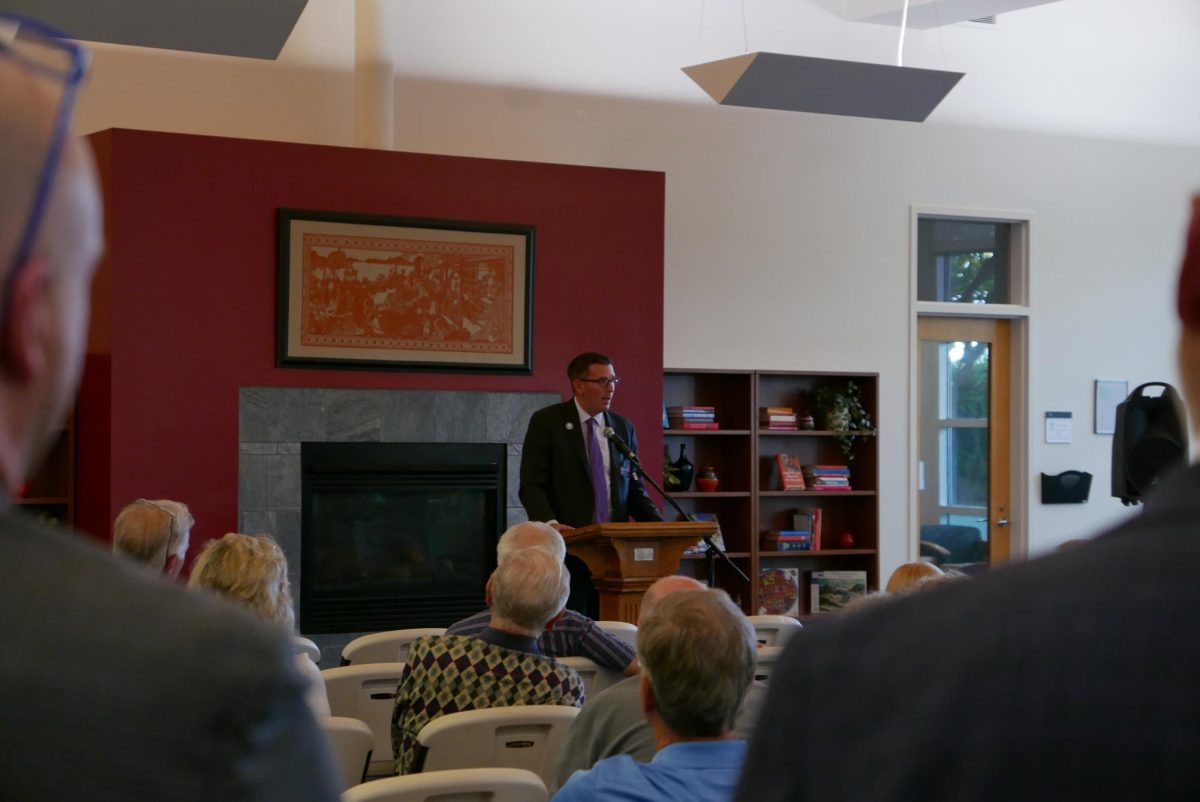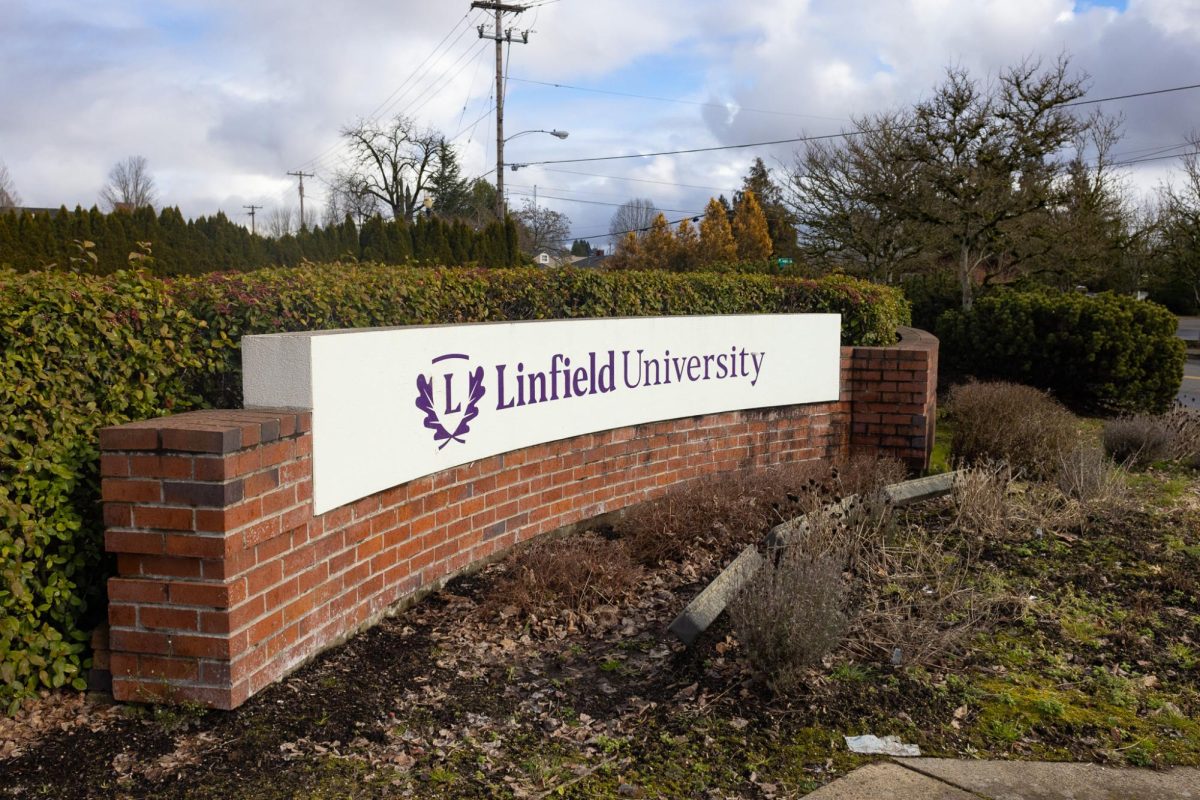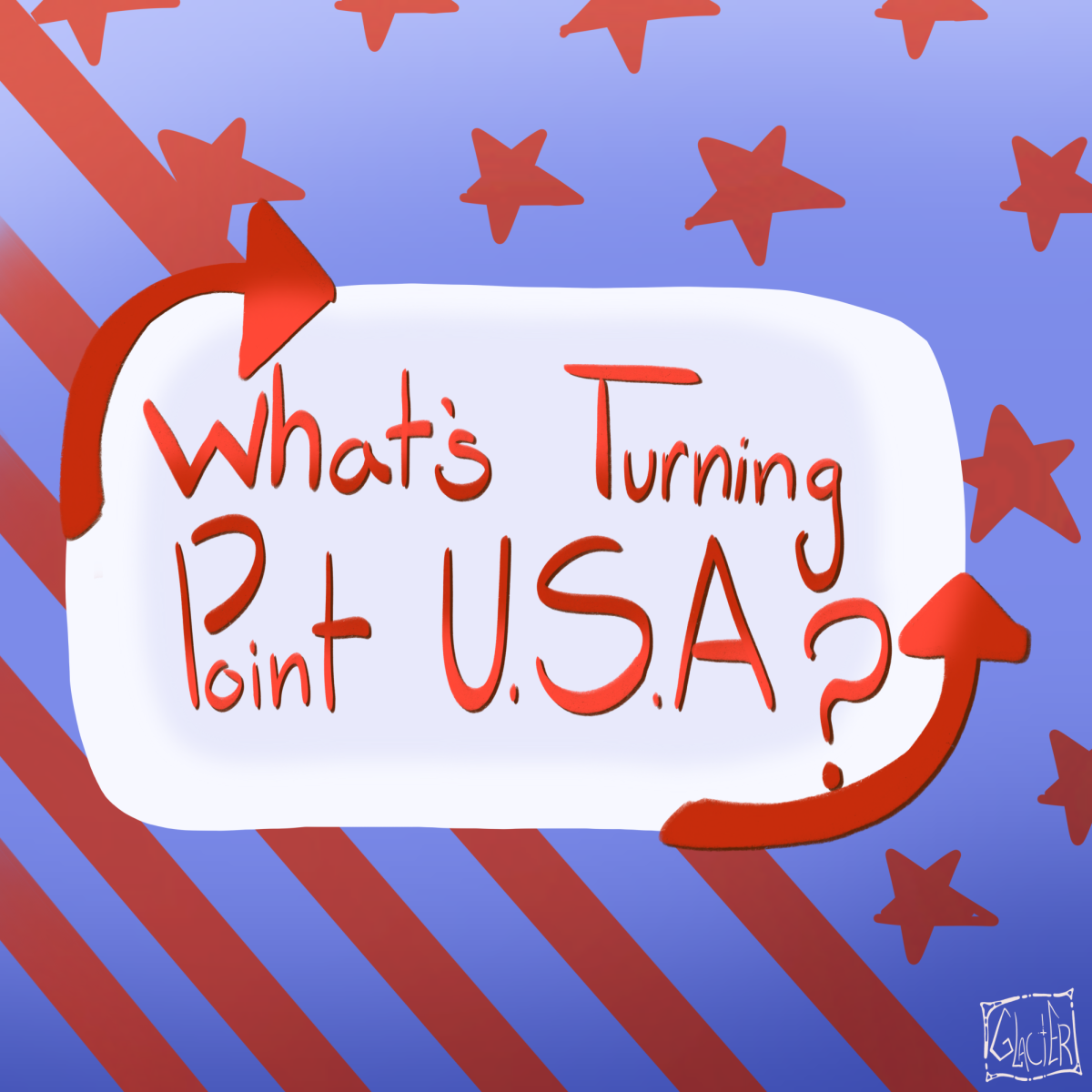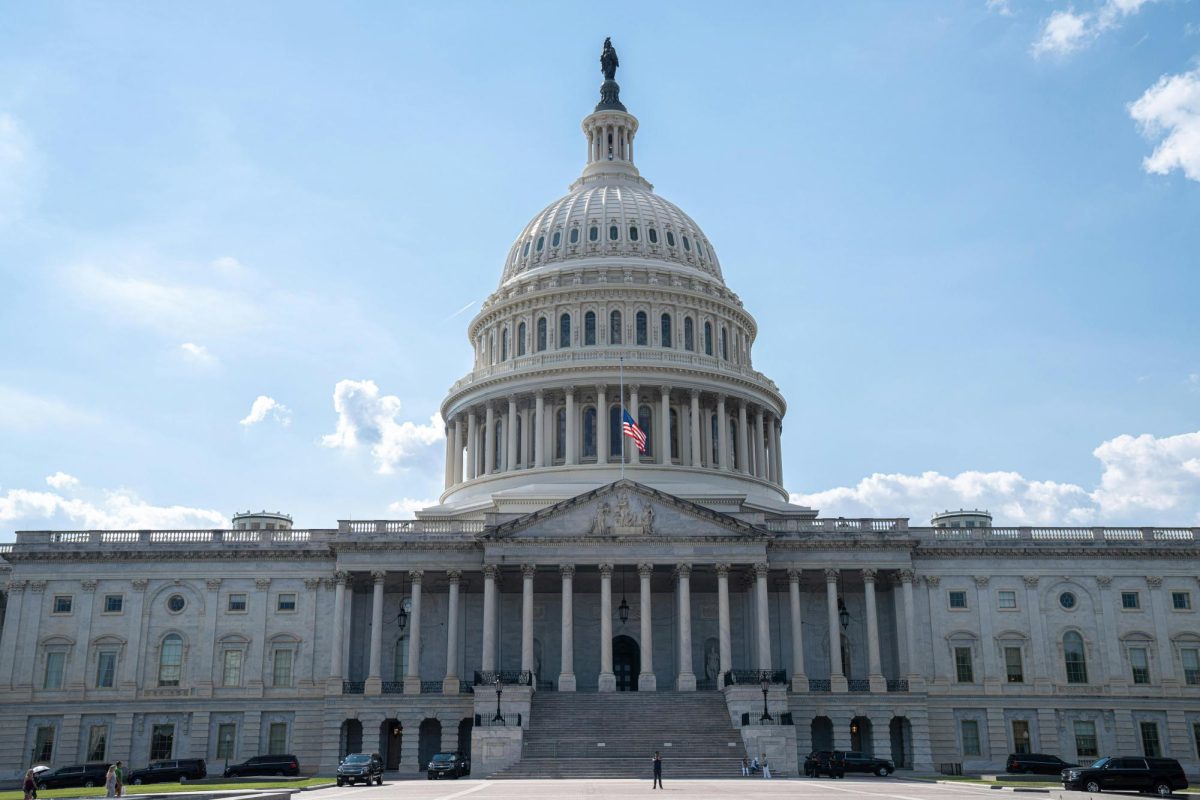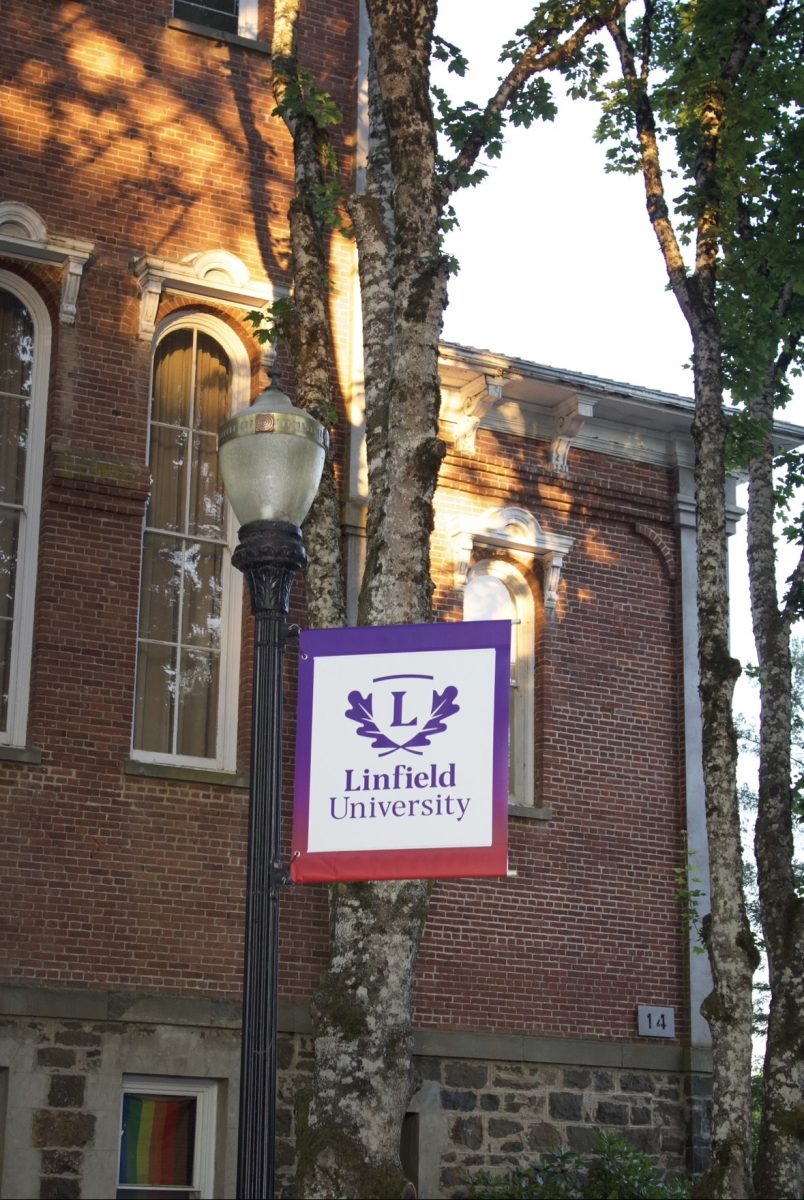What is the most prevalent issue facing the United States today?
Inequality is threatening the core of democracy in our country, and is a problem not easily solved, according to Roosevelt Montás, director of Columbia University’s Center for the Core Curriculum and associate dean of Columbia College.
“Privilege and disadvantage prove themselves to be highly difficult to neutralize,” Montás said in his packed lecture Feb. 21, an event hosted by the Fredrick Douglass Forum on Law, Rights and Justice.
Luckily, Montás has proposed a solution: a liberal education in which students learn to access the fullest capacity of their knowledge and the power for political change that this allows.
Dating back to the creation of America, Montás believes that the three principles, which form the American character, are connected in the fight against inequality.
“The pervasiveness of the immigrant experience, the pervasiveness of literacy and the fact that this was always a multi-racial country are the foundational conditions which make America different,” Montás said.
Only through recognizing the connection between these three elements, Montás believes, can we begin to see the power of a liberal education made available to every citizen. The trouble here is how to achieve that.
In an effort to combat this, Montas an immigrant from the Dominican Republic, has joined with the Columbia University Center for American Studies and the Double Discovery Center to provide high school students with the opportunity to study with Columbia University professors for a four-week period during the summer.
On a three-year grant from the Teagle Foundation, the purpose of this program is to give students the tools and information for continuing their education after high school, a possibility many of these lower- to middle-class minority students had never planned on.
This lecture was made possible by the Department of Political Science, and specifically Nick Buccola, assistant professor of political science, who hopes the event will inspire the Linfield community.
“I hope people walked away with an invigorated commitment to the idea that at Linfield, everything we do should promote the liberal education, and that we have a responsibility to find ways to extend the promise of liberal education to those who are too often left out of this promise,” Buccola said.
Since the creation of the new Laws, Rights and Justice minor in 2011, Buccola and the rest of the political science department have been looking for a way to provide outside-of-the-classroom programming to students interested in discussing and learning about political dilemmas and issues.
“I definitely feel that the Frederick Douglass Forum on Laws, Rights and Justice is a worthwhile program on campus,” said sophomore and international relations major Megan Schwab. “Sponsoring Montás’ lecture on campus solidified this belief, and I think everyone gained something from the discussion and were perhaps inspired to engage more in their community and think about the idea of inherent inequalities in the education system.”
So why Frederick Douglass?
“Douglass devoted almost six decades to writing, speaking and agitating on behalf of not only the rights of African Americans, but also women, immigrants and labor. I chose to name the Forum for Douglass for precisely these reasons,” Buccola said.
“There are programs like ours at colleges around the country named for George Washington, James Madison, Thomas Jefferson and Daniel Webster. It seemed to me that Douglass was every bit as worthy of this sort of honor as these other statesmen. He was in many ways the embodiment of thoughtful and active citizenship,” Buccola added.
The Frederick Douglass Forum will host a debate on the “Politics of Freedom” on Feb. 26, as well as several upcoming events during the rest of the semester.
All information can be found on the Frederick Douglass Forum website.
Olivia Marovich
Staff writer
Olivia Marovich can be reached at [email protected].

